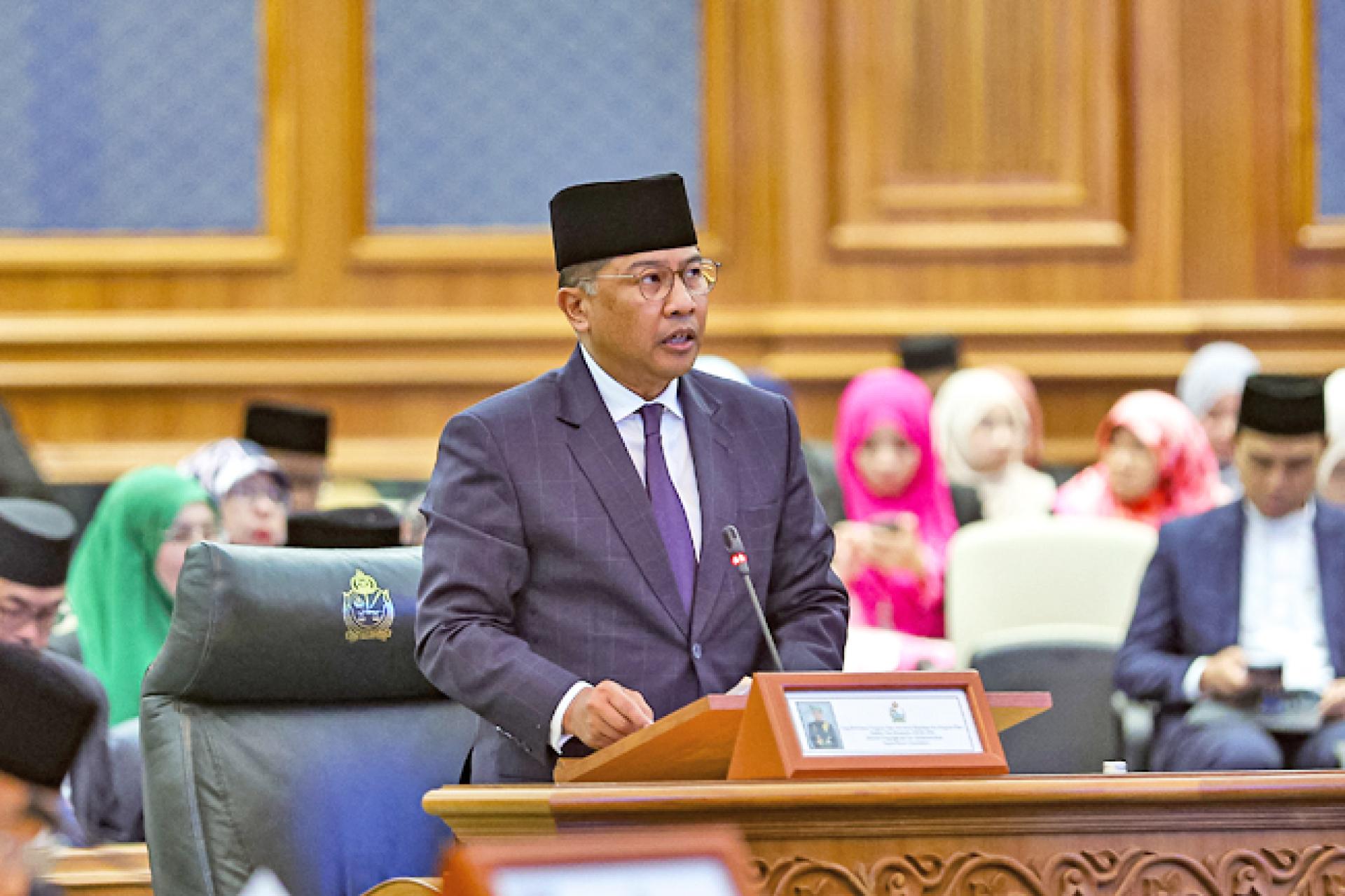(Bandar Seri Begawan, 7th)—Minister of Transport and Communications, Dato Shamhari, stated that in the face of increasingly complex cyber threats, Brunei is strengthening its national cybersecurity efforts to protect digital systems and safeguard the nation’s public welfare.
The Minister made these remarks yesterday at the 21st Legislative Council's second session when responding to a question from Legislative Council Member Dato Setia regarding measures to prevent digital system intrusions.
The Minister emphasized that all sectors must remain vigilant and pointed out that cybersecurity is now widely recognized as a shared responsibility, with all stakeholders needing to play a role in defending against digital intrusions.
According to the Minister, in recent years, Southeast Asia has experienced an unprecedented wave of cyberattacks, mainly targeting critical industries.
“In today's rapidly developing digital era, cybersecurity is no longer optional; it is a strategic necessity for maintaining national stability, security, and sovereignty.”
The Minister noted that enhancing Brunei's national resilience requires a multifaceted approach, led by agencies such as the Brunei Cyber Security Agency.
“Key priorities include protecting the nation's critical information infrastructure (CII), and we have taken measures to ensure that the design and construction of these infrastructures fully consider resilience.”
The Minister stressed that government systems responsible for providing public services are also classified as critical infrastructure.
To address vulnerabilities, Brunei has launched various national technology projects, including the installation of firewalls, multi-factor authentication, and enhanced endpoint detection and response (EDR) solutions.
He also underscored the crucial role of the Network Surveillance Center in monitoring potential threats, while the Brunei Computer Emergency Response Team (BruCERT) is responsible for handling cybersecurity incidents and conducting regular cybersecurity drills.
The Minister made these remarks yesterday at the 21st Legislative Council's second session when responding to a question from Legislative Council Member Dato Setia regarding measures to prevent digital system intrusions.
The Minister emphasized that all sectors must remain vigilant and pointed out that cybersecurity is now widely recognized as a shared responsibility, with all stakeholders needing to play a role in defending against digital intrusions.
According to the Minister, in recent years, Southeast Asia has experienced an unprecedented wave of cyberattacks, mainly targeting critical industries.
“In today's rapidly developing digital era, cybersecurity is no longer optional; it is a strategic necessity for maintaining national stability, security, and sovereignty.”
The Minister noted that enhancing Brunei's national resilience requires a multifaceted approach, led by agencies such as the Brunei Cyber Security Agency.
“Key priorities include protecting the nation's critical information infrastructure (CII), and we have taken measures to ensure that the design and construction of these infrastructures fully consider resilience.”
The Minister stressed that government systems responsible for providing public services are also classified as critical infrastructure.
To address vulnerabilities, Brunei has launched various national technology projects, including the installation of firewalls, multi-factor authentication, and enhanced endpoint detection and response (EDR) solutions.
He also underscored the crucial role of the Network Surveillance Center in monitoring potential threats, while the Brunei Computer Emergency Response Team (BruCERT) is responsible for handling cybersecurity incidents and conducting regular cybersecurity drills.
